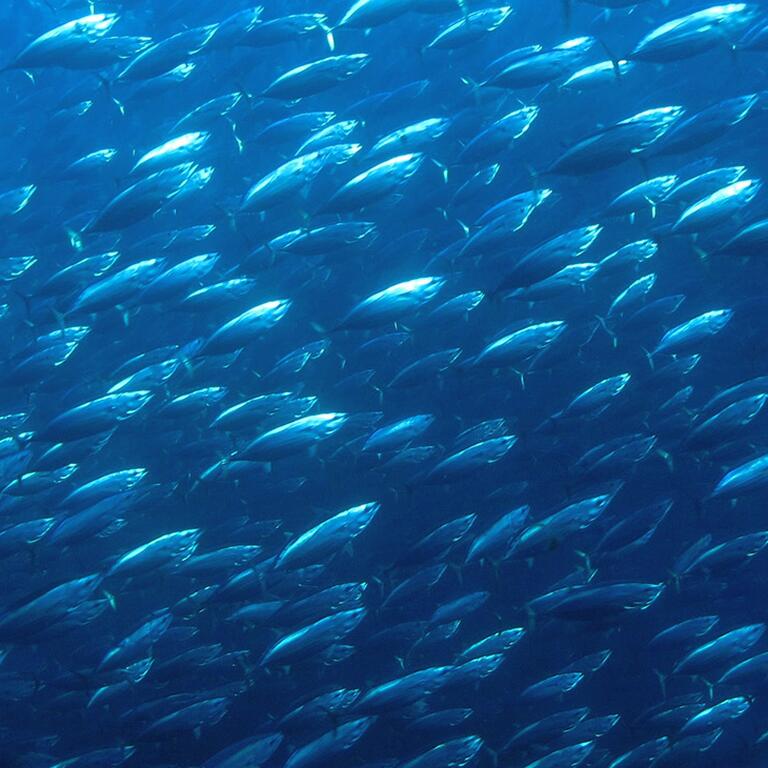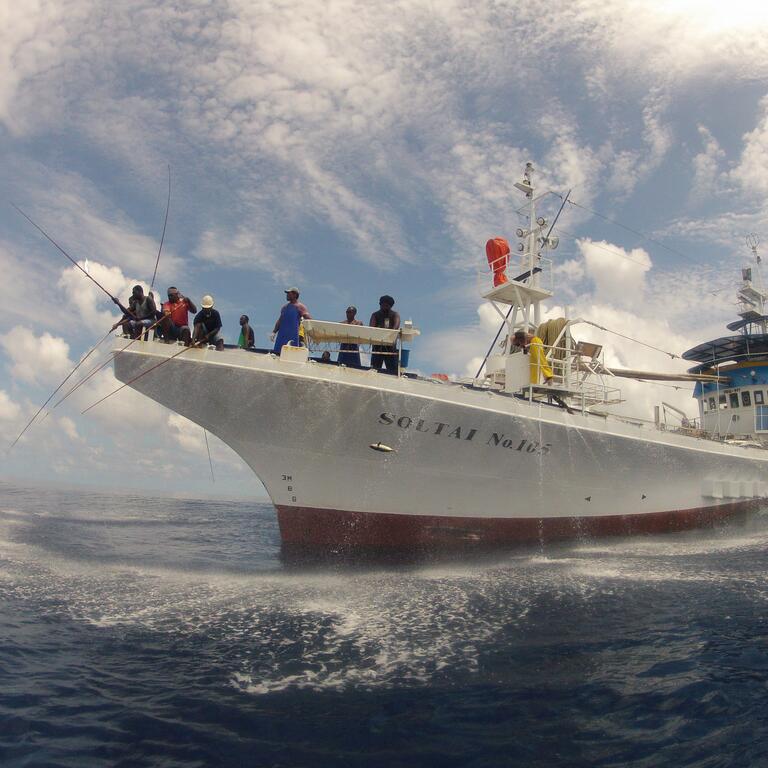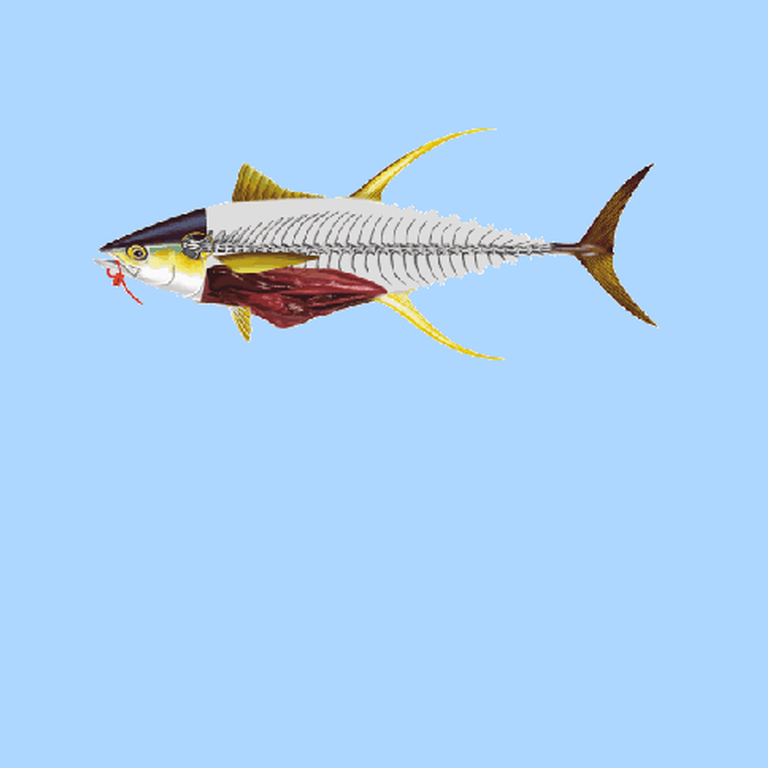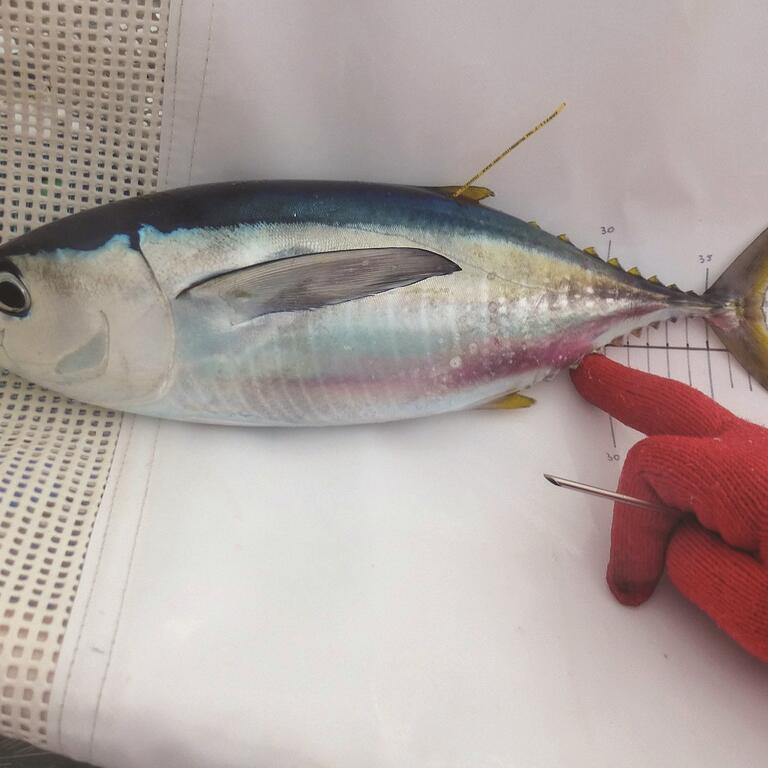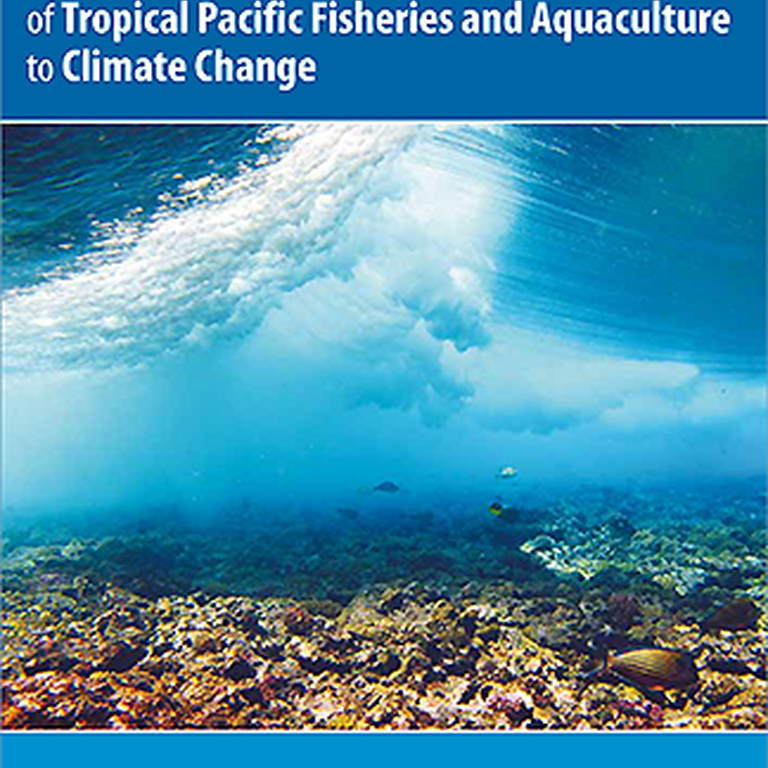Forecasting and projecting the combined impacts of fishing and climate change on Pacific fisheries resources and ecosystems
Marine resources are vital to the food security, economies, cultures, and livelihoods of the Pacific Islands region. Climate change is threatening these resources, as the coastal and oceanic habitats supporting marine life are impacted through increased sea surface temperatures, ocean acidification, and extreme weather events. Our ability to manage the combined effects of climate change and fishing is the biggest challenge for ensuring the region’s fisheries remain sustainable.
FAME’s work on climate change aims to support the implementation of climate-related work necessary to meet the needs of Pacific administrations as they adapt their fisheries to climate change. By working closely with wider regional initiatives, the programme is designed to deliver improved understanding and capability in the region and to facilitate proactive and evidence driven management.
Collaborative approach
Our research teams work in collaboration with other organisations to understand how climate change alters the structure and function of ecosystems. This understanding allows us to provide advice on how species are likely to change their distributions and abundance as the region’s climate changes. The work involves not only understanding how climate change will impact the future, but also how it is impacting today.
We work with a global community of oceanographers, ecologists, chemists, fisheries scientists, physicists, economists, and fisheries managers to generate new knowledge which can be used to provide the region with the information and tools necessary for decision making. By asking questions such as how quickly is the environment changing, how vulnerable are species and ecosystems to this rate of change, how vulnerable are fishing households, and what are the expected changes in coastal productivity, we can build on our knowledge in this area. We are partnered closely with our members and sister CROP agencies to ensure that we deliver timely and effective advice to SPC members to facilitate proactive and evidence driven management.
Forecasting models
FAME has carried out considerable work on estimating the impact of climate change on the level and distribution of the region’s four main tuna stocks. We undertake whole of system modelling to project and forecast the combined impacts of fishing and climate change on tuna resources and oceanic ecosystems so we can provide evidenced based advice to SPC members and the region’s CROP agencies on expected impacts. We integrate all forms of data into our forecasting models. This includes direct measurements of the physical ocean, the atmosphere, information derived from the Pacific Marine Specimen Bank, the Pacific Tuna Tagging Programme, ocean research cruises, and fisheries catch data. We also couple the information derived from other models (for example, climate models) into our forecasting tools.
Support to SPC members
Understanding the impacts of climate on the dynamics of the entire Pacific Ocean is a challenge; however, the biggest challenge is being able to provide this advice at the scale of our member countries’ exclusive economic zones. This requires access to high resolution oceanographic and fishing information together with high end computing. Capacity building is a key part of this work, with training through national attachment programmes and training courses to increase national and regional capabilities in interpreting climate science and generating policy for climate resilience.
Our work in this area is designed to provide members with sound scientific evidence to negotiate at national and international fora outcomes that help ensure the sustainability of their fisheries. The regional and global nature of the forecasting models means all fishing nations benefit from the work. To further support our members, we provide model forecasts on request, policy briefs for the region, internships, and regular reports to SPC members and regional fisheries meetings.

